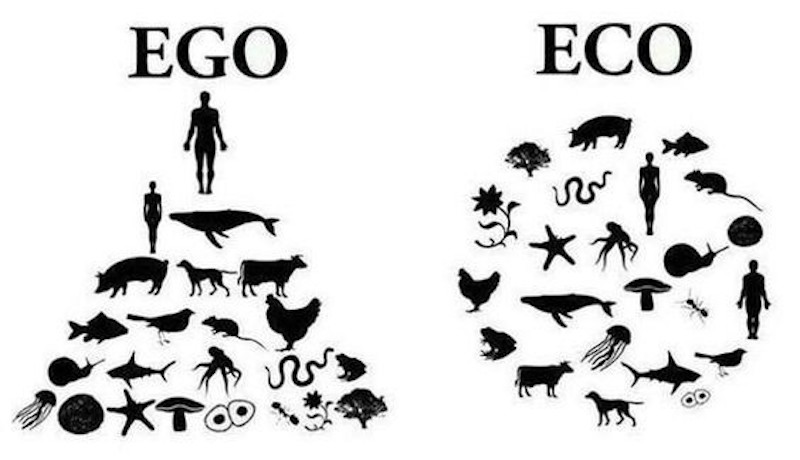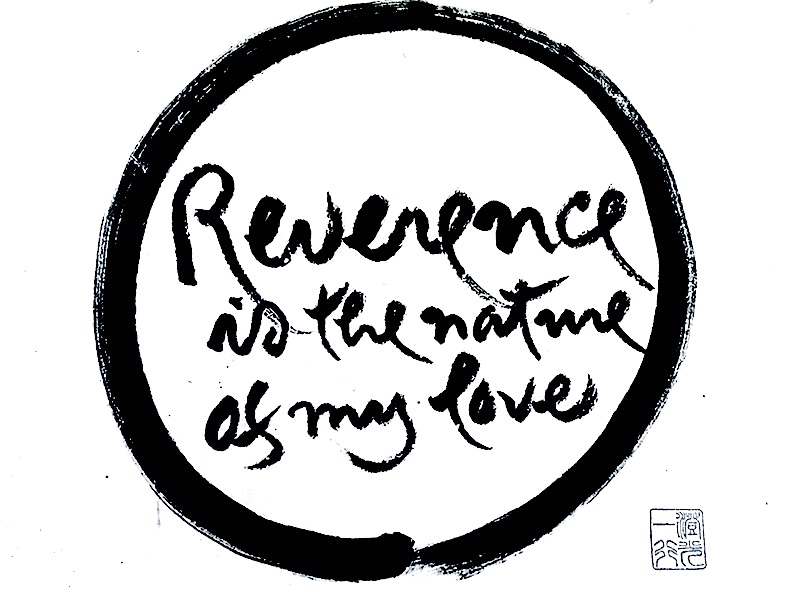FROM ECOLOGY
TO LOVE FOR THE EARTH
The rose exists not only to please us and certain insects that share our infatuation for its flower; it exists to celebrate the joy of life in its own way: by blooming. A holistic love for the rose appreciates not only its seductive flower and alluring perfume, but the whole plant.
Love is not only an abstract notion, it is an embodied feeling—we love with mind and body. We do not love a planet that’s a thousand light years away, because our body does not relate to it.
A holistic view of the Earth understands that the whole is bigger than its parts. We can see that when we look at our own body: a human being is more than a jumble of organs, fingers, and toes.
Let’s also see the Earth in the same way; she is more than real estate for houses, land for factory farming, and water for showers and swimming pools.
Let’s see ourselves as Earthlings first, and as Canadians, Québécois, men, and women second. Seeing ourselves as Earthlings emphasizes our commonality rather than our differences, and draws us closer. Secondary identities pull us apart.
Let’s shop, drive, and eat with love for the Earth in our hearts.
Let us wear our clothes till they become old and not only till they become boring.
And let us find ways to be not only a burden, but a gift to the Earth. .

Consider starting a car trip by singing the following words
to the tune of “Row, row, row your boat”:
Roll, roll, roll along, gently down the street,
Merrily, merrily, merrily, merrily, this drive is a treat.
Drive on down the street, flowing like a stream
Merrily, merrily, merrily, merrily, life is but a dream.
Lightly, like a kite, let your spirits lift,
Merrily, merrily, merrily, merrily, each day is a gift,
Through the neighbourhood gently make your way,
Merrily, merrily, merrily, merrily, have a pleasant day.

REVERENCE IS THE NATURE OF MY LOVE is a calligraphy of Thich Nhat Hanh that I saw at the Plum Village store. I was so taken by it that I stood there looking at it until the store closed for the day. Afterwards I kept repeating the words to myself until it became a love song for the Earth.
It is part of the Basket of Plums collection available from Parallax Press.
Emily King is the singer. (click here to listen).
